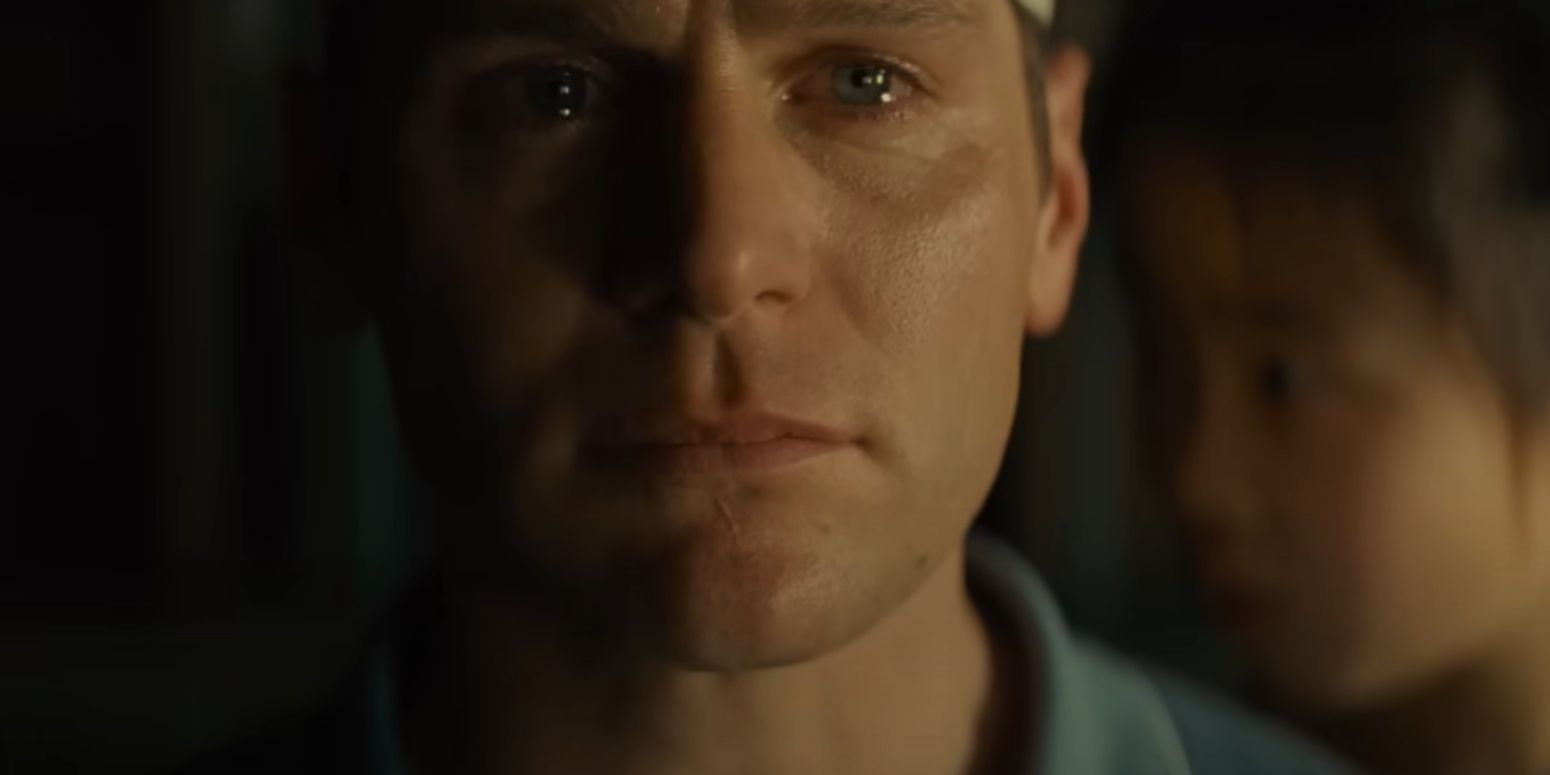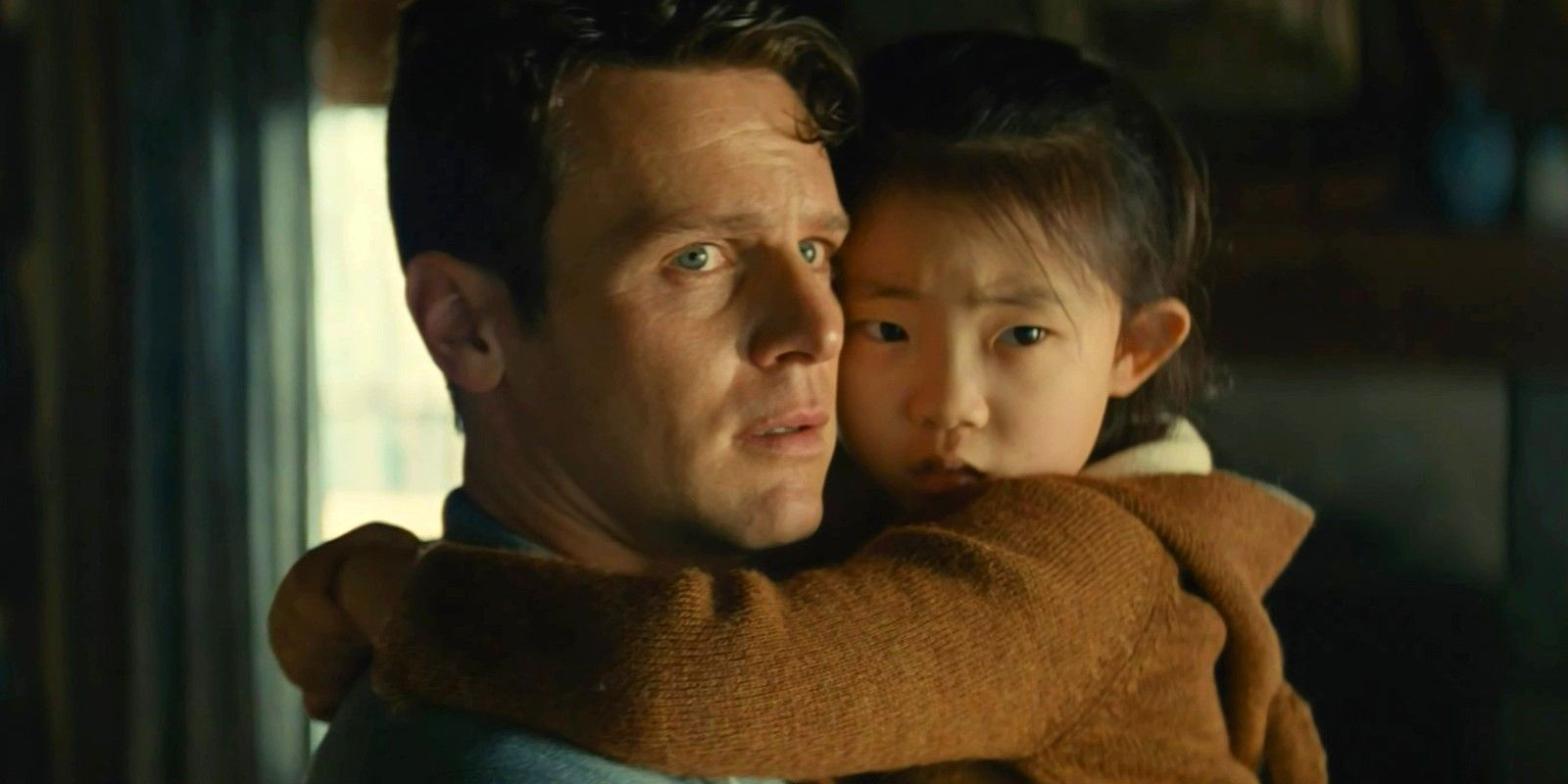This article contains major spoilers for Knock at the Cabin. Director M. Night Shyamalan changes the Knock at the Cabin ending, which upsets many book readers for its deviation. Knock at the Cabin is an adaptation of Paul G. Tremblay's The Cabin at the End of the World. The story revolves around a couple and their young daughter Wen as they are captured by a group of extremists, who insist that one family member must sacrifice another to prevent a worldwide cataclysm.
While Tremblay's book makes the existence of the apocalypse ambiguous, Knock at the Cabin takes a different approach that is enraging book readers. While there were praises for other film aspects, such as Dave Bautista's acting, criticism was focused on Shyamalan's weak plot twists and soft ending. Knock at the Cabin, which earned Shyamalan's best Rotten Tomatoes score since 2016, changed the book's ending, which features Wen's tragic and accidental death, after which point the two couple leave with her body, refusing to kill each other. Meanwhile, the movie ends with Andrew killing Eric as an outright sacrifice. Check out the reaction below:
How Deviating From The Book Changed Knock At The Cabin
While Shyamalan made a risky choice, changing the ending in Knock at the Cabin does work due to the emotional ties that the family has. Even Wen understands her father's sacrifice and approves of it, despite her love for him. The fact that he also willingly sacrifices himself makes it slightly less shocking, as the character is allowed to decide his fate for himself rather than the intruders.
The argument that the book ending for Knock at the Cabin would have been better revolves around the idea of the film ignoring the LGBTQ+ liberation at the heart of Cabin at the End of the World. Rather than agreeing to sacrifice themselves for the benefit of religious extremists, the couple in the book refuses to comply and even outright rejects their god. Their rage is the heart of that story after Wen's death, whereas it is all but stricken in the movie.
In essence, the movie and book tell two completely different stories, while also balancing the same overall concept. More importantly, the movie's ending is still tragic in its own matter as Andrew grieves while being Wen's remaining guardian. However, Knock At The Cabin’s big sacrifice was effective because it isn't trying to tell the same story, which branches out to send a different message. That can make book readers understandably upset, which is why Knock at the Cabin has become somewhat controversial.
Source: Various (see above)


